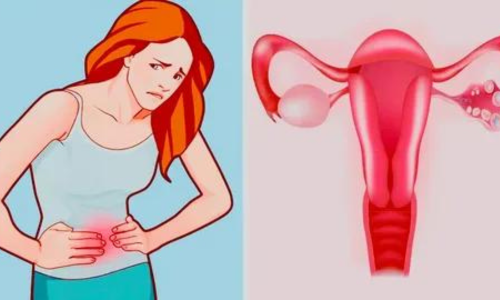
The rectum is the last part of the large intestine (also known as the colon) and ends at the anus. The anus is a few inches long, so you’re ready to go to the bathroom. Although it is part of and continuous with the large intestine, the rectum has its own characteristics.
Colorectal cancer is cancer that occurs anywhere in the large intestine, including the rectum. However, you can only get cancer in the rectum, which is called rectal cancer.
Treating rectal cancer is more complicated than treating colon cancer, because the space narrows, as do other nearby organs. Therefore, prevention and early detection are more important.
Our expert team of colon and rectal surgeons in Great Hartford recommend evaluating early signs of rectal cancer and treating it as soon as possible. They detect, diagnose, treat and treat rectal cancers at offices in Bloomfield, South Windows, and Plainville, CT.
First, we must define anal cancer as the growth of a cancer or tumor in the anus that affects the anus only. The incidence of this cancer has increased significantly over the past years, and through this article we will show you early warning treatment so that we can avoid this cancer.
We’ve compiled a list of early signs of rectal cancer so you can be aware of changes that require evaluation. Regular colonoscopy is also recommended to facilitate early detection.
The density or shape of the stool has changed
Normal stool should have a fine, sausage-like consistency. When rectal cancer or other rectal disorders develop, it can cause abnormal discharge, such as:
Diarrhea
holding
Good stool
Sometimes diarrhea and constipation can be caused by food allergies, but chronic diarrhea and constipation should not be ignored. Wishlists can be a symptom of a rectal polyp or inflammatory bowel disease, such as Crohn’s disease.
Blood and beach may be seen in the stool
Blood in the stool can be a sign of rectal cancer, colon cancer, or other serious colon conditions. Contact your rectum immediately.
Mucus in the stool indicates irritation of the rectal tissues. Inflammation can be due to infection, inflammation, cancer, or other conditions.
Your pelvis hurts me
Colon cancer often has no symptoms. However, pain in the pelvic area could be a sign of rectal cancer.
Women who still experience pelvic pain due to the pain associated with premenstrual syndrome (PMS). However, if pain persists after menstruation, it may be a sign of rectal cancer.
Symptoms of anal cancer
read more to neaxt page …….
Leave a Reply